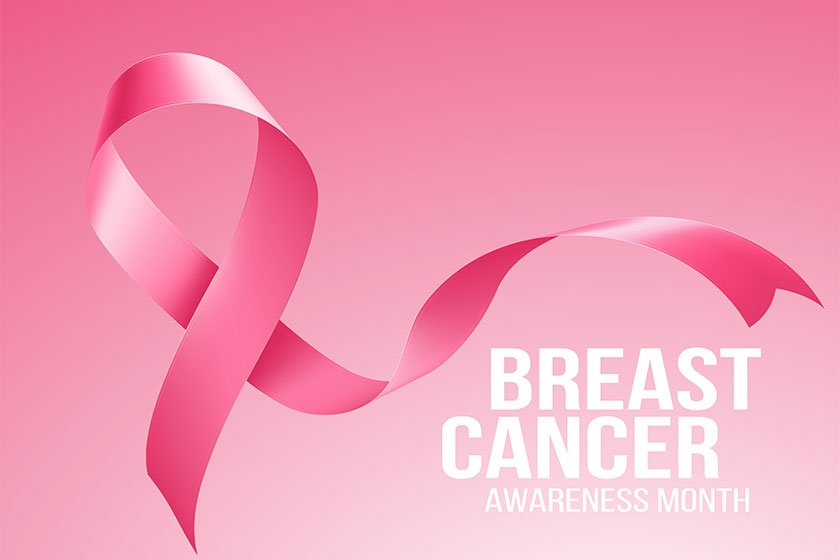Breast cancer awareness remains a pivotal aspect of global health, as breast cancer continues to be one of the most common cancers among women worldwide. This awareness is more than just a campaign; it’s a call to arms, a push for vigilance and understanding that could be the difference between life and longevity or an early goodbye. By promoting knowledge and understanding, breast cancer awareness acts as the torch that lights the way toward proactive health management—a necessity at every stage of life, as the stakes only increase with time. It empowers individuals to take charge of their health, encourages regular screenings, and highlights the importance of early detection, which can significantly improve treatment outcomes.
Within the walls of our retirement community, there’s more than just comfort and camaraderie—there’s a dedicated pursuit to keep the women here informed and vigilant about breast cancer. Our efforts are twofold, incorporating both concern for individual well-being and collective safeguarding.
Senior living programs in our community are carefully crafted with our residents’ health in mind. Recognizing the unique risks older women face, these programs aim to uplift knowledge, early detection methods, and preventive practices that could be life-saving.
Understanding the Risk Factors Unique to Women
Breast cancer risk increases with age. It’s a fact that can’t be ignored in our retirement community. While being female and growing older are the top risk factors, others are in play. These include personal and family history of breast cancer.
Genetic changes like mutations in BRCA1 or BRCA2 genes can increase susceptibility. Age at first menstruation and menopause also affect risk levels. Women need to comprehend these risk factors for better care and prevention.
Educating on the Early Signs and Symptoms of Breast Cancer
Early detection saves lives. But this is only possible if women understand the signs to look for. The most common is a lump or mass in the breast.
Other signs include breast pain, swelling, skin irritation, and nipple discharge. A change in breast size and shape can also indicate a problem. Spreading this knowledge can lead to faster diagnosis and better outcomes.
Encouraging Discussions About Breast Health in Senior Communities
Breast health is a sensitive topic. Yet, open discussions in retirement communities can lift the veil of fear. Forums where women can discuss their experiences and fears are beneficial.
Such discussions help debunk myths about breast cancer. They also create an environment where women can discuss preventative measures. Team members play an essential role in fostering these discussions.
Promoting Healthy Lifestyle Choices to Lower Risk
While one cannot change some risk factors, lifestyle choices can make a difference. A balanced diet and regular exercise are vital for breast health. Indulging in physical activities that the residents enjoy can be a fun approach.
Limiting alcohol, quitting smoking, and maintaining a healthy body weight can lower cancer risk. Promoting these healthy habits in retirement communities can help seniors lead a healthful life while reducing their breast cancer risk.
Our Retirement Community: A Safe Harbor of Vigilance
Our commitment to health extends through the connections fostered in our community. It’s here that breast cancer awareness transcends brochures and becomes part of the shared experiences that tie our community together. Women support women, sharing stories, strength, and sometimes, if needed, solace.
Our senior living programs ensure that the journey toward a healthy life is not solitary. We strive for a world where every individual advocates for their health and the well-being of their friends and neighbors. You’re invited to be part of this caring and protective community, where awareness is a notion and a way of life.






